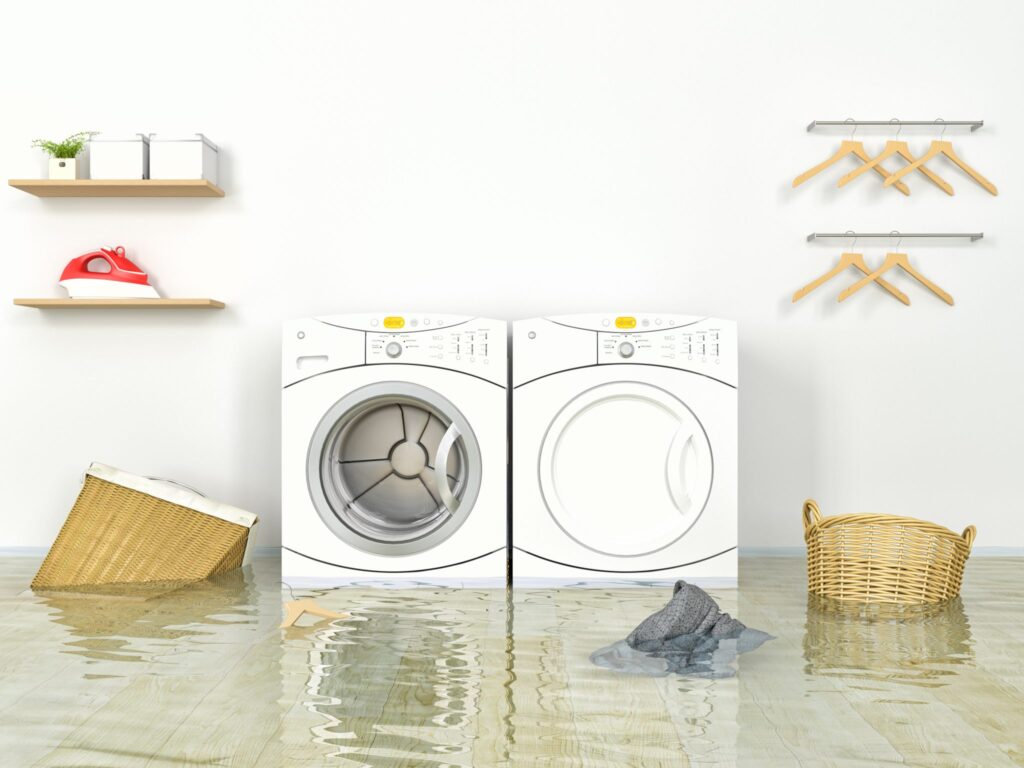An ounce of prevention all year long can go a long way to keeping your plumbing healthy. From clogged drains, blocked kitchen sinks and slow draining bathtubs to leaking toilets and burst pipes, here are a few of our favourite smart tips to help avoid emergency visits from a plumber:
1. To Flush or Not to Flush:
Only bodily waste and toilet paper should ever go down the toilet. Solid waste, including diapers, feminine hygiene products or paper towels are a no-no and are regular culprits for clogging drains. Have a garbage bin in each bathroom to avoid the temptation of tossing the wrong things into your toilet.
2. Drop-In If You Dare:
No one likes to clean their toilets by hand but drop-in cleaners in the bowl or tank aren’t a good idea – prolonged exposure of the cleaner chemicals to your pipes can damage them over time. Most manufacturers do not recommend using them as they’re hard on the mechanical components of toilets. In fact, for some toilets, use of drop-in cleaners will void the warranty.
3. Strain Your Drain:
Put a strainer in your kitchen sink to catch large chunks of food and other debris. Some of the most common culprits for clogs are items such as pasta, rice, coffee grounds and grease – all these should be disposed of in the garbage or compost bin.
4. The Heat Is On:
Once the temperature begins to drop in the fall and all through winter, keep your heat running on low when you’re away from home. This protects pipes, especially any exposed ones under sinks or in older properties, from freezing over and bursting the next time water flows through them. Remember, burst pipes are typically more costly than leaving your heating on low.
5. Inspect Hoses:
Your rubber washing machine hoses may crack and grow brittle over time. If you see a bulge, the hose needs to be replaced immediately before it bursts. Check for leaks every six months – leaks can increase your utility bill, affect the operation of your appliance and lead to issues with mold.
6. Flood Prevention:
Make sure you and everyone in your home know where the main water shutoff valve is so they can cut off the supply in an emergency to prevent or minimize flooding and serious property damage. The valve should be clearly labeled and easily accessible. The water supply should also be shut off during extended vacations or renovations. Also remember that the rubber washers on a gate valve in particular can wear down over time, which means it may not work when you need it to shut off. You should test it by shutting off your main water valve – if water leaks around the handle, that’s a sign it needs to be replaced.
7. Pipes Aren’t for Hanging:
Maybe it’s because they’re often so close to washers and dryers in unfinished basements, homeowners often use exposed pipes to hang wet clothes. Pipes aren’t designed to support a lot of weight, certainly not from a row of drying clothes, and could disconnect or burst.
8. Backwater and Sump:
Installing a backwater valve is a good idea, especially in flood prone areas – it can prevent sewage in an overloaded sewer line from backing up into your basement. A sump pump, which pushes out water that collects from weeping tiles around your basement, might also be a smart idea.
9. Outside the House:
Plumbing problems don’t just happen inside your home. Check your outdoor faucets from time to time to make sure they’re not leaking or causing water to pool. And, once it gets cold out, turn off the shut off valve on the water line leading to the outdoor hose bib, and drain it to avoid freezing.
Remembering these tips will keep your plumbing system functioning properly and help you avoid needless emergencies and repairs.
For more tips and to learn more about the plumbing system in your home, be sure to read our Ultimate Plumbing Guide!








